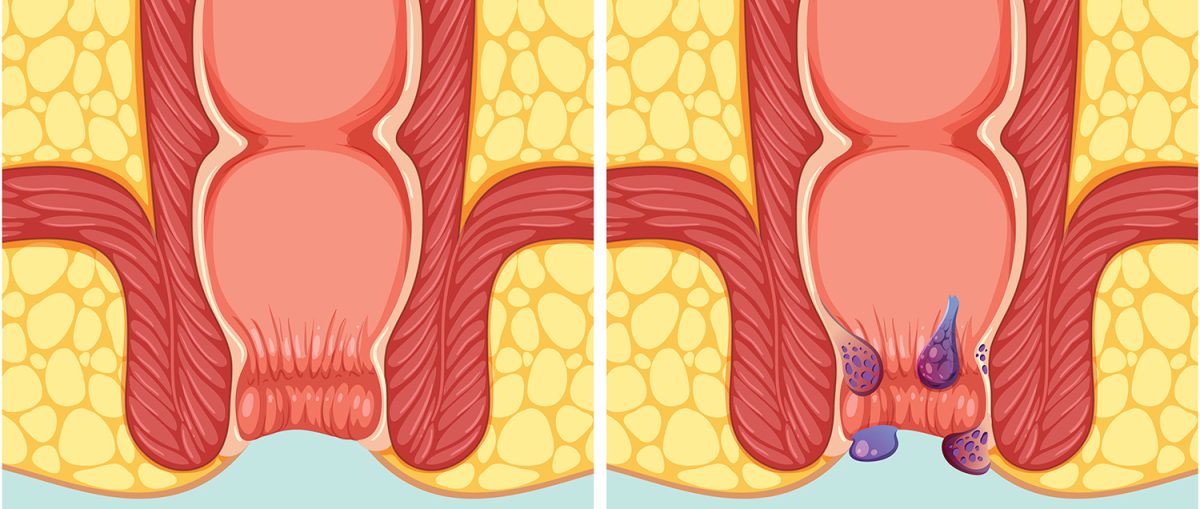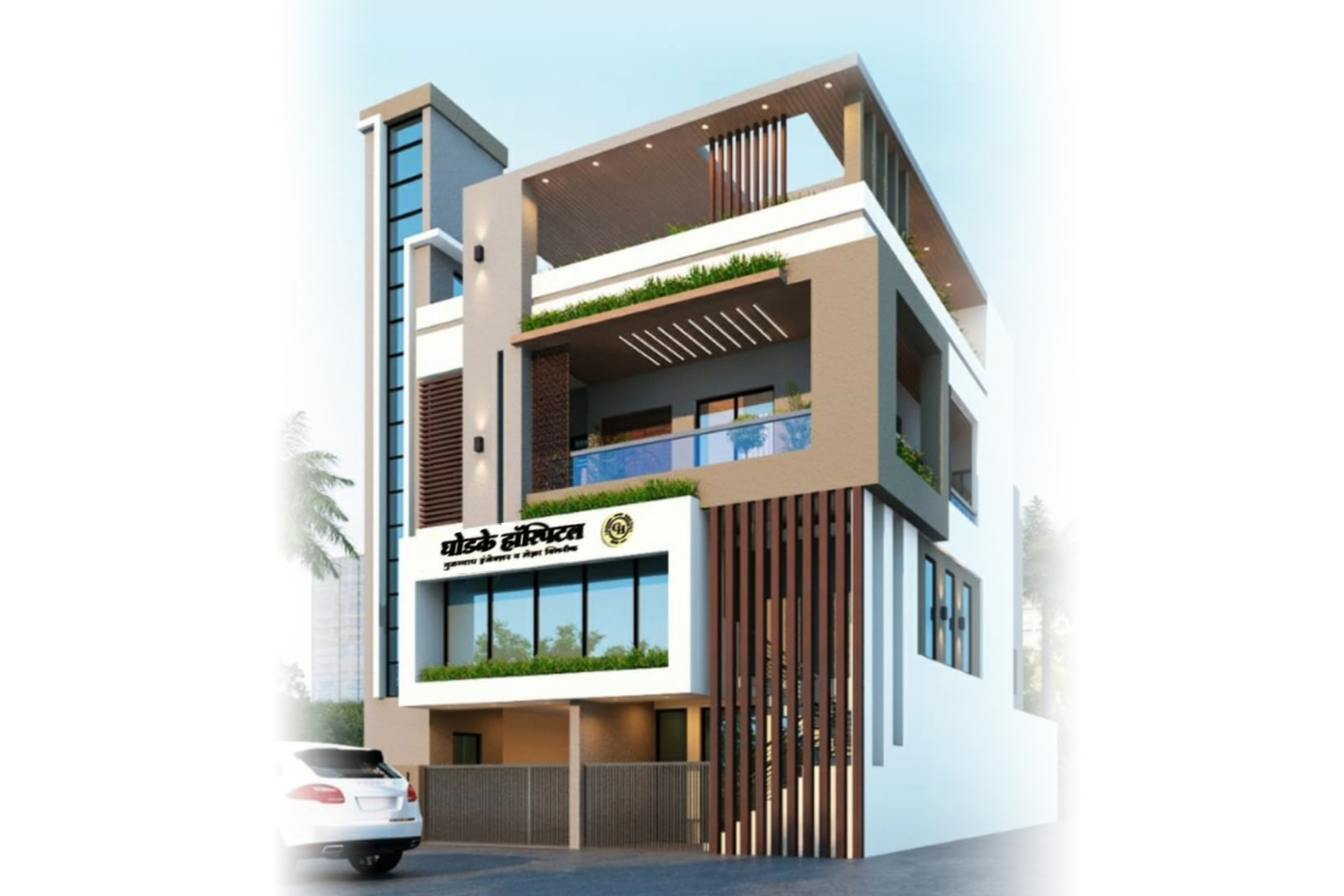Top Piles Doctors in Beed | Comprehensive Guide to Hemorrhoid Treatment

Introduction
Piles, also known as hemorrhoids, can be an uncomfortable and often painful condition. If you’re experiencing symptoms, it’s crucial to seek medical help. Understanding the importance of professional treatment and finding the right piles doctor in Beed can make a significant difference in managing this condition.
Understanding Piles
Types of Piles
Piles come in two primary types: internal and external.
Internal Piles
Internal piles are located inside the rectum and are usually painless, although they may cause bleeding during bowel movements.
External Piles
External piles develop under the skin around the anus and can be painful, especially when swollen or thrombosed.
Causes of Piles
Several factors can contribute to the development of piles, including chronic constipation, prolonged sitting, heavy lifting, obesity, and a low-fiber diet.
Symptoms of Piles
Common symptoms include itching, discomfort, pain during bowel movements, swelling around the anus, and bleeding.
When to See a Piles Doctor
Warning Signs
If you notice persistent pain, significant bleeding, or if your symptoms don’t improve with home remedies, it’s time to consult a piles doctor.
Self-Care vs. Professional Treatment
While some mild cases can be managed with self-care, professional treatment is often necessary for more severe or persistent cases to prevent complications.
Finding the Right Piles Doctor in Beed
Qualifications to Look For
Ensure your doctor is board-certified and specializes in colorectal issues.
Experience Matters
Look for a doctor with extensive experience in treating piles, as they will be more familiar with the latest treatments and techniques.
Patient Reviews and Testimonials
Reading reviews and testimonials can provide insight into a doctor’s reputation and patient satisfaction.
Top Piles Doctors in Beed
Dr. Ramesh Ghodke
Dr. Ramesh Ghodke is renowned for his expertise in treating piles with a focus on personalized care.
Dr. Urmila Ghodke
Dr. Urmila combines extensive experience with a compassionate approach to patient care.
Treatment Options Available
Non-Surgical Treatments
Medication
Topical ointments, suppositories, and oral medications can provide relief from symptoms.
Lifestyle Changes
Incorporating a high-fiber diet, drinking plenty of water, and regular exercise can help manage and prevent piles.
Surgical Treatments
Hemorrhoidectomy
This surgical procedure involves removing excessive hemorrhoidal tissue.
Stapled Hemorrhoidopexy
This technique involves stapling the hemorrhoids back into place inside the rectum.
Laser Treatment
Laser treatment is a minimally invasive option that reduces pain and recovery time.
Preparing for Your Appointment
What to Expect
Your doctor will perform a physical examination and may recommend diagnostic tests such as a colonoscopy or sigmoidoscopy.
Questions to Ask
Prepare a list of questions about your treatment options, risks, and recovery process.
Necessary Documentation
Bring any previous medical records, a list of your current medications, and insurance information.
The Consultation Process
Initial Examination
Your doctor will assess your symptoms and medical history.
Diagnostic Tests
Tests may be conducted to determine the extent of the piles and to rule out other conditions.
Treatment Plan
Based on the findings, your doctor will recommend a personalized treatment plan.
Post-Treatment Care
Recovery Tips
Follow your doctor’s advice on wound care, pain management, and activity restrictions.
Dietary Recommendations
Maintain a high-fiber diet to promote healthy bowel movements and prevent recurrence.
Follow-Up Appointments
Regular follow-ups are crucial to monitor your recovery and address any concerns.
Prevention Tips
Healthy Diet
Consume a diet rich in fiber, including fruits, vegetables, and whole grains.
Regular Exercise
Engage in regular physical activity to maintain bowel regularity and prevent constipation.
Good Hygiene Practices
Keep the anal area clean and dry to prevent irritation and infection.
Common Myths About Piles
Myth vs. Fact
There are many myths about piles, such as only older people get them or that they always require surgery.
Debunking Misconceptions
Educate yourself with factual information to better understand and manage piles.
Living with Piles
Managing Symptoms
Use over-the-counter treatments and home remedies to manage mild symptoms.
Emotional and Psychological Impact
Dealing with piles can be stressful, so consider seeking support from a counselor if needed.
Support Systems and Resources
Local Support Groups
Join local groups to connect with others experiencing similar issues.
Online Resources
Access reliable online resources for additional information and support.
Counseling Services
Professional counseling can help you cope with the emotional aspects of living with piles.
FAQs About Piles
Common Questions Answered
- What are the main causes of piles?
- How can I prevent piles?
- Are there any home remedies for piles?
- When should I see a doctor for piles?
- What are the surgical options for treating piles?
Expert Opinions
Consulting with a specialist can provide personalized answers and treatment plans.
Conclusion
Piles can significantly impact your quality of life, but seeking help from a qualified piles doctor in Beed can make a world of difference. Don’t suffer in silence; take the first step towards relief and recovery by consulting with an experienced medical professional.



